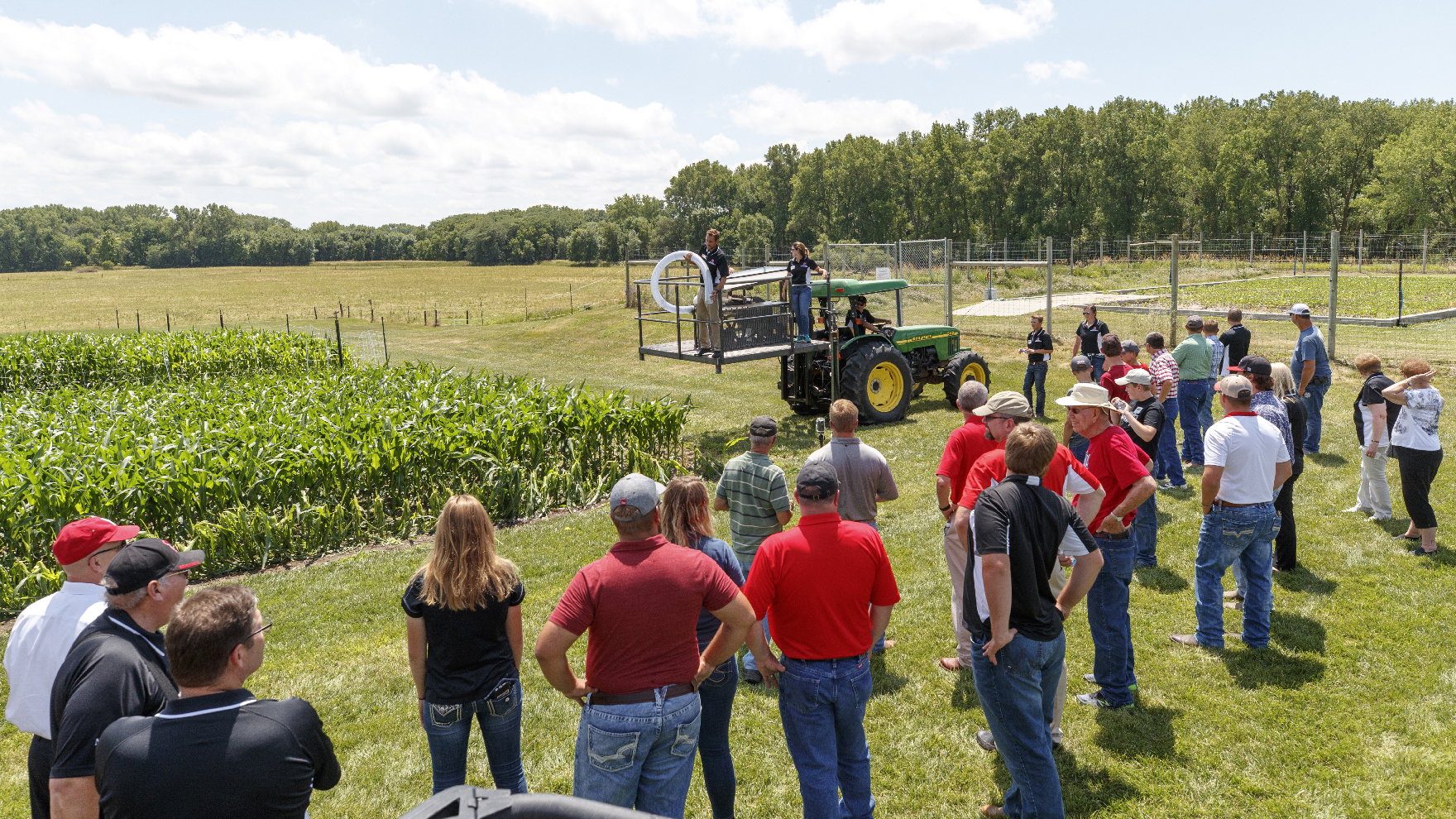Systems-based Community Intervention Development: A Multilevel CBPR Approach to Enhancing Health Care Services and Communication in Meatpacking Communities
Co-Investigators: Virginia Chaidez & Angela Palmer-Wackerly
In recent months, rural communities with meatpacking plants have been hit hard by SARS-COV-2 and its related disease, COVID-19, exacerbating already existent health disparities among rural and im/migrant individuals and families. In Nebraska, counties with meatpacking plants have led the state in confirmed cases per capita, while Latinx residents have comprised the majority of confirmed COVID-19 cases statewide despite representing only 11.4% of the state population. In order to minimize the risk and effects of resurgent spread, effective community interventions will need to engage multiple systems, including increasing effective cooperation across trusted systems that may improve public health engagement and communication. Building on our history of effectively partnering with rural communities across Nebraska, we propose a qualitative study design with an interdisciplinary team across two NU institutions (UNL and UNMC), who will conduct focus groups (and individual interviews when necessary) with multiple stakeholders—health care providers, community health workers, adult community members, adolescent community members, schools, health departments, and cultural/religious leaders—to (1) identify systemic factors contributing to overall risk and impact of COVID-19, including attitudes, behaviors, experiences, challenges, resources, policies, and trusted communication and information sources related to COVID-19; and (2) provide feedback on an extant statewide mobile phone application (i.e., Answers4Families: Nebraska Resource and Referral System), which is in its early implementation phase. The current study will serve as pilot data to inform a future multilevel intervention to ensure reliable, timely, and accurate dissemination of COVID-19 risk and mitigation information across the most at-risk rural communities.
Questions? Contact Trey Andrews.
Follow and engage with us
Like MHDI on Facebook Follow MHDI on Twitter Follow MHDI on Instagram Watch MHDI videos on YouTube
